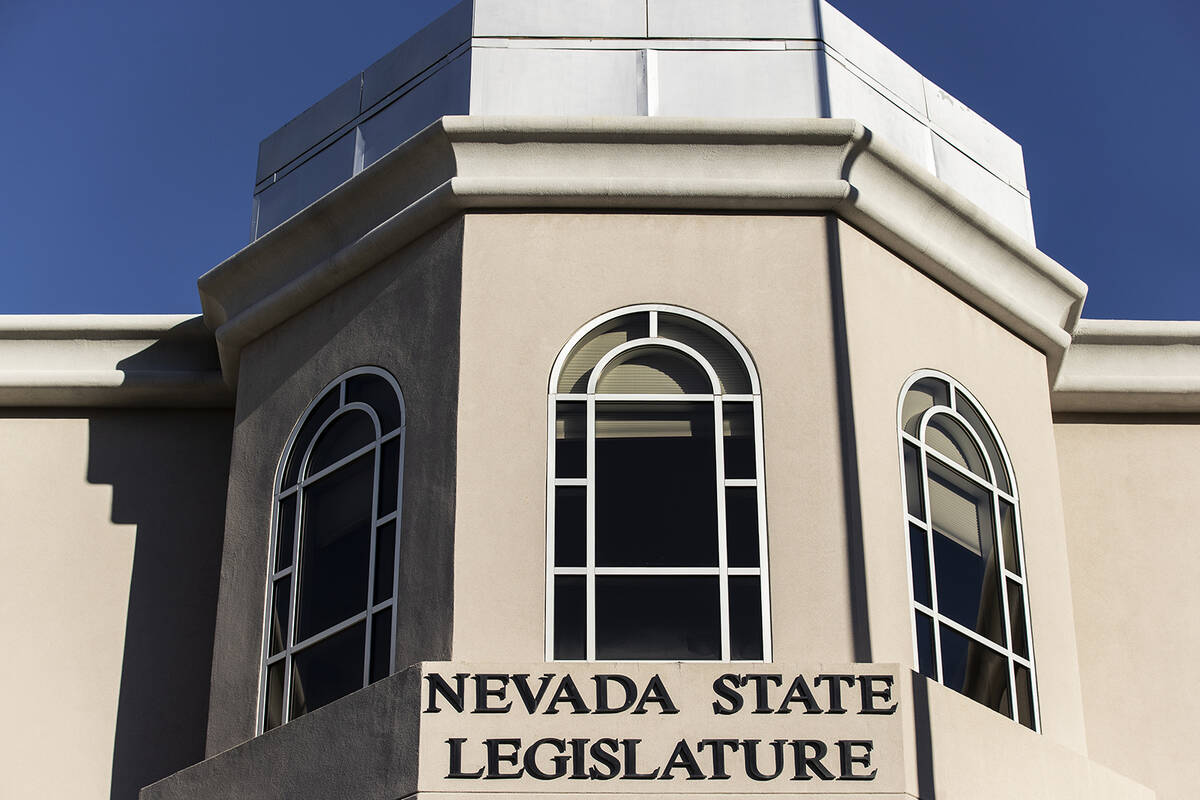A new study puts Nevada in the middle of the pack when it comes to freedom of work, but the state needs to improve.
Earlier this month, the Archbridge Institute released its 2024 rankings of states on occupational licensing restrictions. The study examines the extent to which each state is erecting hurdles that hinder entrepreneurs and drive up consumer costs.
According to the analysis, the five states with the highest hurdles for professional licensing are Texas, Arkansas, Tennessee, Oregon and Alabama. The five most liberal states are Kansas, Missouri, Wyoming, Indiana and New York. Nevada ranks 25th among the states with the worst licensing requirements.
This is an improvement over the Institute for Justice’s most recent survey, which tracks a similar metric. That 2022 report listed Nevada as the state with the second-highest professional licensing restrictions in the entire country. The differences are due to methodology and the fact that Archbridge Institute gave Nevada credit for implementing a limited reciprocity program that allows those licensed in other states to more easily transfer their accreditation to the Silver State.
In any case, Nevada must strive for improvement.
The number of professional licensing requirements has exploded in recent decades, hurting the labor market and consumers. One in five jobs requires a government license. While proponents of licensing argue that it protects public safety, many of these regulations amount to thinly veiled protectionism designed to protect existing professions from competition. Few would object to licenses for doctors or pilots. But why should someone who wants to go into interior design or landscaping be subject to such arbitrary regulations?
Nevada is actually one of three states that requires interior designers to be licensed. The fact that citizens of 47 other states can safely survive without such a requirement underscores the arbitrary nature of many professional licensing systems. “The public safety and health rationale for regulating many of these professions ranges from dubious to ridiculous,” Maureen K. Ohlhausen, former acting chair of the FTC, said in 2017. “Consumers can and do easily judge the quality of interior designers, makeup artists, hair braiders and others.”
This issue crosses the boundaries of traditional red and blue states. Lawmakers from both major parties have an interest in making it as easy as possible for their citizens to earn an honest living in their chosen field.
Last year, Republican Gov. Joe Lombardo ordered the state’s professional associations to recommend eliminating licensing requirements for professions that are not regulated in most states. He will make recommendations ahead of the 2025 legislative session. Democrats, who control both houses of the legislature, should take his proposals seriously.

